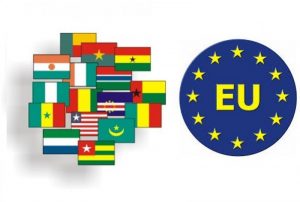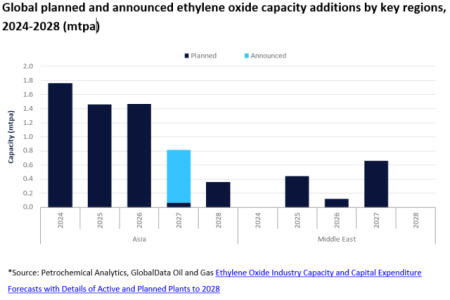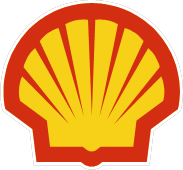
Vincent Toritseju
02 August 2017, Sweetcrude, Lagos — THE Federal Government of Nigeria and Nigerian Association of Chamber of Commerce, Industry, Mines and Agriculture, NICCIMA yesterday moved against the signing of the Economic Partnership Agreements, EPA, between the European Union, EU and Economic Community of West African States, ECOWAS expressing reservations about some aspects of the agreements.
Disclosing this at the Lagos Chamber of Commerce and Industries, LCCI stakeholders’ forum, ECOWAS Director of Trade, Dr. Gbenga Obideyi said that the Government of
Nigeria has raised concern on 14 issues in the EPA.
Obideyi also disclosed that of the 16 ECOWAS countries, Mauritania, Gambia and Nigeria are the countries that are yet to rectify the EPAs.
Obideyi said that some of the concerns raised by the Nigerian government are that of tariff, Market Access and EPA-DP funding.
Similarly, the President of the Nigerian Association of Chambers of Commerce, Industry, Mines and Agriculture, NACCIMA, Iyalode Alaba Lawson has said that the proposed partnership agreement by the EU through the ECOWAS, offers a ready market for Nigerian products.
However, Lawson noted that the infrastructural deficit in the country must be tackled before the government could go into any of such agreement.
She said “However, challenges facing the real sector such as poor infrastructure, high-interest rates and a devalued currency, makes it difficult for the real sector to take advantage of the EPA.
“It is, therefore, the view of the association that the country’s infrastructure deficit needs to be improved upon considerably as this will, in turn, enhance the productivity capacity of the Organized Private Sector.
“So the first concern for us at ECOWAS and also for high authorities of our member states is how to help manufacturers in the community improve their production competitiveness and how to ensure a greater influx of private investment into the ECOWAS region, in order to improve the exports of the region to effectively benefit from the duty free opening of the EU market” he said.
Furthermore, he claimed that the market access offers negotiated by West Africa provides access to industrial inputs and equipment at lower cost for Nigerian industries through the liberalization of trade, and at the same time protect regional production against tough competition that the community’s production sector would have difficulty withstanding.
Speaking in similar vein, the ECOWAS Commissioner, Trade, Customs and Free Movement, Mr. Laouali Chaibou, said it does not serve any purpose to have free access EU market if the country continues to be exporters of primary products or barely processed products only.
“The second important instrument concerns the rules of origin which are essential for the viability of preference programmes as the EPA because these rules help to establish a technical distinction between goods which really originate from beneficiary countries and those which are not from these countries. If this distinction was not made, the preference programme would probably be gravely undermined” he stated.
According to him, the advantages offered by the EPA tend to make the region production the centers for export to Europe and the integration of ECOWAS and Nigeria in the global value chains therefore involves the ability of this country to attract investments from all walks of life either to transform local raw materials or to transform semi-finished products elsewhere and the EPA is one of the instruments to achieve this



